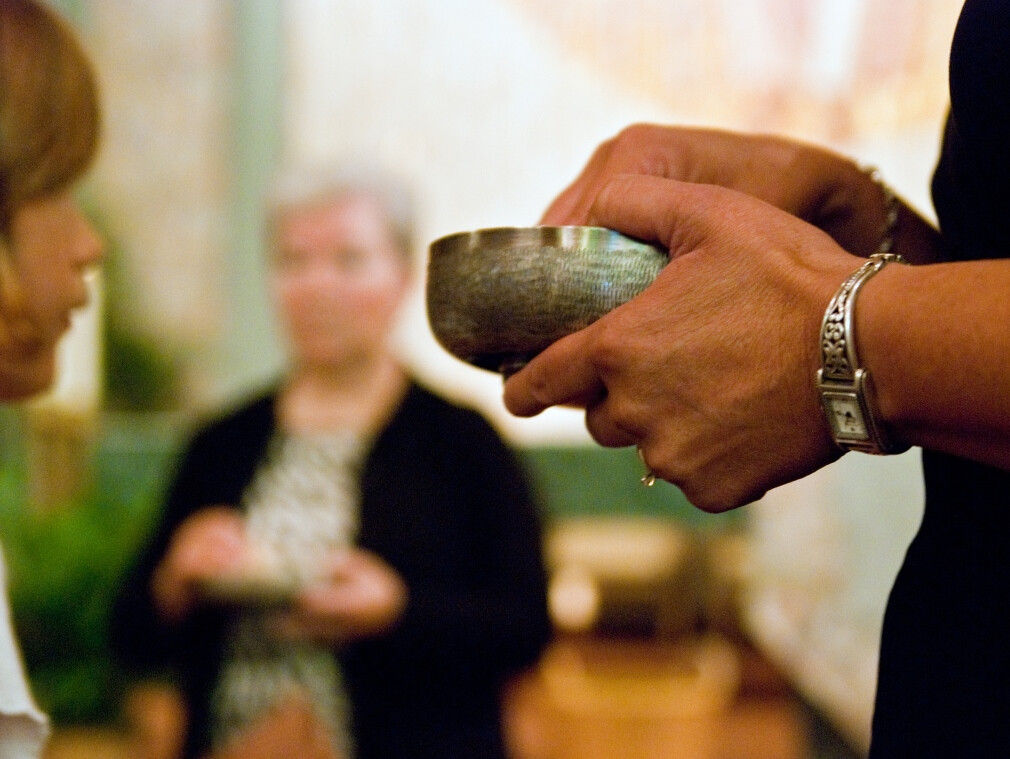Sunday Worship

When I was a kid, my parents made it a point to always take us to Mass every Sunday and every holy day of obligation. No exception. This expectation was supported by our school, a Catholic school. Mass attendance is a commandment, #3 for those reviewing them in your head. It is a precept of the Church, which reiterates the third commandment, to keep holy the day of the Lord’s Resurrection: to worship God by participating in Mass every Sunday and holy day of obligation; to avoid those activities that would hinder renewal of soul and body. It is woven into the very fabric of what we do at Church because the Eucharist is what it is all about. The Eucharist is the source and summit of who we are as Catholic people. So why don’t people attend? The pandemic has done much to derail these expectations. One may construe it as another point for the devil in the war on our souls.
While creating some marketing materials highlighting putting on the armor of God, and revisiting some documents, I got thinking about the future of our Church and how the pandemic has certainly done its share of disrupting it, yet at the same time strengthening it. When working to develop our plan for the return to school, it was paramount that we provide time for our children to go to Mass. This was a message shared across the school community. Mass is important for our children. As the spiritual leader of the school, this was an empowering affirmation of our mission. Therefore, we took every effort to create a weekly time for the children to go to Mass and remain faithful to the safety guidelines placed before us. One can’t help but wonder though, if we can send our children to Mass at school, what changes in regard to attendance at Mass on the weekend – the real obligation? Don’t get me wrong, going to Mass at any time is wonderful. It connects us with Jesus very intimately, but why aren’t people attending? Has the pandemic made it too easy to stay away?
Don’t people miss the Eucharist? The children are at least receiving it, but they have to see the adults receive it too. In a booklet entitled “The Holy See’s Teaching on Catholic Schools,” the pope expresses that “ if students in Catholic schools are to gain a genuine experience of the Church, the example of teachers and others responsible for their formation is crucial: the witness of adults in the school community is a vital part of the school’s identity. Children will pick up far more by the example of their educators than by masterful pedagogical techniques, especially in the practice of Christian virtue.” Parents are the primary educators. They are the ones teaching their children, not us. We are the support staff. I am not placing judgement, I am just pondering. Why don’t people go to Church, yet they are going everywhere else? Eucharist is the most important thing we can do, as the sacraments are necessary for our survival. God is real, and it is our duty to pursue Him. Again, I am just wondering how this all works.
"God loves the world so much – that is, you and me. He doesn’t love riches or greatness, he didn’t come to dwell in a palace. No, when he came into the world he became so very small – he became a child, born to a virgin, placed in a manger. Mary did not expect him to be born in this humble way. This seems so strange that we must stop and ask ourselves why he did this. Jesus could have had wealth; instead, he chose poverty. I think poverty must be seen as beautiful in heaven if Jesus would choose to become so small, so poor. To understand the poor, we must know what poverty is and why Jesus made himself poor. If we understand our poverty, our smallness, our weakness, our littleness, then we will be able to serve the poor and give Christ to the poor." – Mother Teresa (Thirsting for God, 2013)
